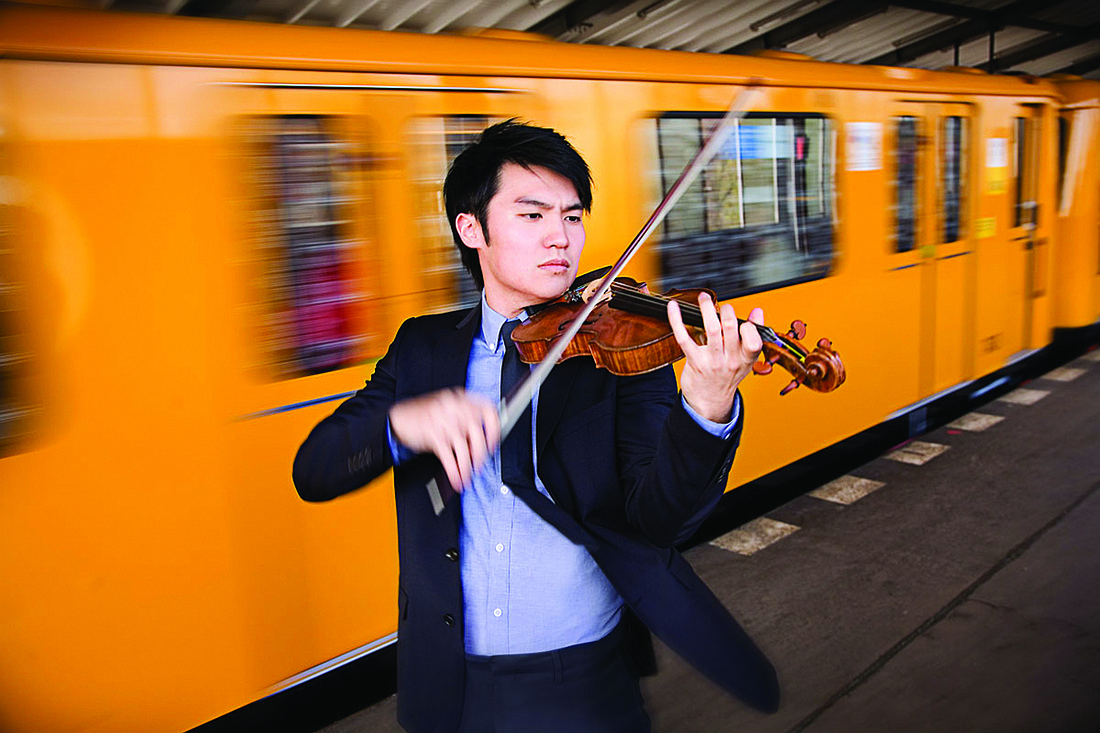- December 26, 2024
-
-
Loading

Loading

Sarasota Orchestra's Masterworks V concerts this past weekend may have been titled "Homage," but, for me, they should have been called "Revelations." The homage was a tribute to music stemming from the classical period of Mozart and Haydn and looking forward to Sibelius and Prokofiev, who took some lessons from these earlier iconic figures. The revelation was in the performances, which emphasized the power of emotion, historic relevance and silence.
Anu Tali, the new music director of the Sarasota Orchestra, is an international sensation who seems dazzled by Sarasota's treatment of her as a "rock star." In many ways, that's just what she is and, in her stunning musicianship, she's rocking our musical world.
Opening with Prokofiev's "Classical Symphony," Tali and the orchestra paid exquisite attention to detail, always focusing on the line the composer intended us to hear, while underscoring the inner voices that take this homage to 18th century musical styles into the early 20th century while keeping the clean, lean lines of the classical period intact.
This is not an easy task. There are places where the strings are as exposed as they would be running nude down Siesta Beach. Lots can happen in that kind of revelatory playing, bu, with Tali's tight grip on the firm principle of classicism, the players' unisons shimmered. There were precision-perfect pizzicatos in the second movement; wonderfully heavy, peasant-like dances in the slightly tipsy Gavotte; and a finale that was seamless, as the winds, in their overlapping rhythms, sped off to the races with classic grace.
The classicism of Prokofiev was followed by the classical master, Mozart, who can be misunderstood and played as if he were a wimp regarding his writing background music for tea parties and light, country dances. In fact, much of Mozart's music cries out for color, fervor and excitement. As with his operas, the difficulty lies in combining that innate excitement with the amazing clarity and precision called for in this style of music.
Violinist Ray Chen got it right. Playing with strength, color and a complete understanding of Mozartean style, he, Tali and the orchestra gave Mozart's Violin Concerto No. 4 a reading that was physical, sexy, energetic and filled with character. Chen wrote his own cadenzas and played them with conviction, technical prowess and the kind of intelligence that was more "Don Giovanni" than singspiel. Chen is a muscular player, leaning into the sound and emitting pure vocalism. This was stylistically correct playing that reminded us that Mozart was, in every way, a virtuosic, assertive, fearless composer who would have cheered this performance.
Sibelius' second symphony has always been one of my favorites. Hearing it performed Saturday night with Tali at the helm made me realize why. It was a revelation. For all of the warmth of the music, there is a solid core of ice at its center, from its opening chords to its organic textures. In fact, the Saint-Saens organ symphony and the Sibelius second have much in common because they both surround you in sound, even though the Sibelius does not use that instrument.
Sibelius was probably the greatest, and certainly best known, of Finnish composers. Finland and Estonia share a common neighbor: Russia. And, because of their geographic and historic commonalities, it is hard not to imagine the Estonian Tali does not have those icy blue storms in her blood. Perhaps that's why this performance had a steeliness, an iciness, that made the symphony even stronger. The resolute pizzicato duet between the basses and the cellos in the second movement could have cut through the core of an iceberg and then lasered into the Titanic.
The icy silences were as thunderous as the fortes. The scherzo-like third movement, marked vivacissimo, was like a Mendelssohnian nightmare. Finally, the thrumming of the basses through the finale, with the extremely Russian (think Borodin) themes, led to an all-embracing amen.
When addressing the audience, Tali usually starts by saying, "Dear friends," like a letter in person. For the encore, Tali's dear friends were embraced by a passionate string serenade by Heino Eller. It was a simple "Homeland Tune" but, being played in honor of Estonia's Independence Day, which is being celebrated this week, it was more of a revelation than a tune.